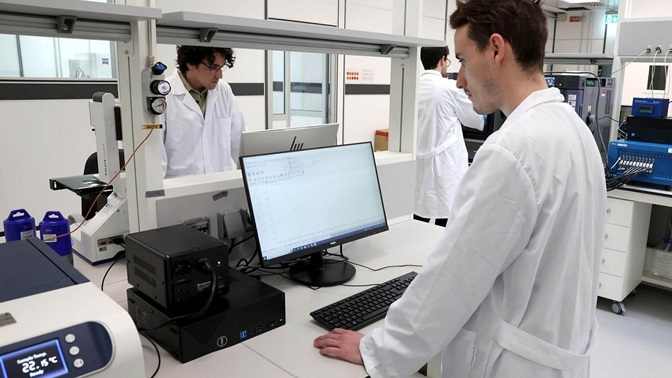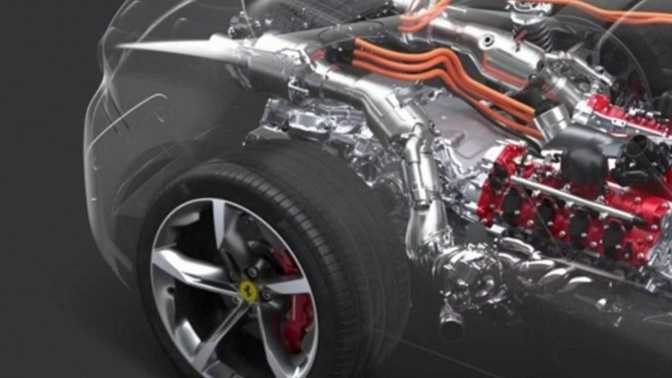Ferrari ‘going to university’ to study what the batteries of its electric sports cars will be like
The creation of electrochemical materials, as well as the evaluation, testing, and identification of the batteries that Ferrari will need from its suppliers, will be the focus of the E-cells Lab, a research facility.

Despite the recent uproar over synthetic fuels, which some view as a way for high-end sports car makers to skirt responsibility for continuing to produce gasoline-powered cars, Ferrari has acknowledged the facts and made it clear that it intends to research and develop battery-powered electric vehicles. Additionally, we are discussing a much more immediate time frame rather than a far-off horizon.
Ferrari has unveiled a bold strategic plan that commits the company to electrification through 2026. About 60% of its sales offer for that year will be split between 100% electric and hybrid vehicles; there will be 15 new models released between 2023 and 2026, each with a distinct market niche and positioning.
A state-of-the-art battery center
In addition to announcing the opening of a new facility devoted to the production of battery packs, power inverters, and electric motors, the brand is also launching E-cells Lab, an electrochemical cell research laboratory housed within the University of Bologna in Italy. The lab will function under the scientific guidance of the university.

Its goal is to increase understanding of the components and physical, chemical, and other characteristics of lithium cells used in electric cars. The business clarifies that NXP, the project’s technological partner and collaborator, will receive access to the apps created in the lab.
“Will be vitally important to expand the scope and value of research activity,” he continues, adding that this cooperation between many groups may eventually spread to new businesses. Ferrari further notes that this research is possible because of the cooperation with the University of Bologna, which allowed teams to conduct sophisticated analysis in a collaborative area.
This laboratory is divided into two sections: one for the manufacture of electrochemical materials and the other for testing, analysis, and determining the properties of the materials.
According to the company, safety, performance, fast charging, solid batteries, and temperature regulation during charging will all receive special attention. The findings will assist Ferrari in creating “a common language with its cell suppliers to optimize the performance of the batteries that will be assembled in the Maranello plants.”
Furthermore, Ferrari states that it “firmly believes in the great value that the project has for the local area and, in particular, for the segment of the automotive industry” and that it has supported and promoted the laboratory through information exchanges with the university and its partners.
Benedetto Vigna, the CEO of Ferrari, may be able to take the company closer to electrification at the same time by using this research facility. The firm intends to unveil its first all-electric vehicle in the fourth quarter of next year. “The E-Cells Lab represents an exciting start and demonstrates our commitment to education and research,” the company says.
The project also illustrates how significant the intersection of the corporate and academic domains has always been to us, according to Vigna. The Ferrari manager continues, saying that this project “will generate innovation in our local area, build the skills of the future, and make an important contribution to studies in the field of electrochemistry.”
Related Post
